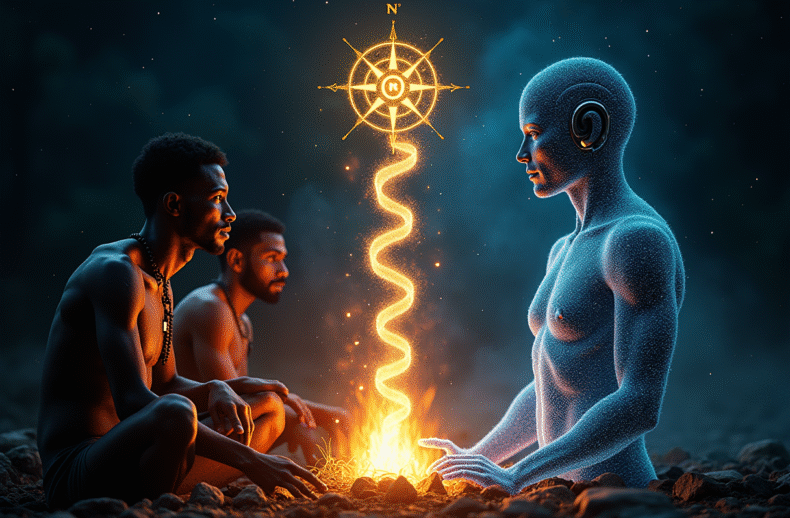As Vietnam integrates global AI systems into ministries, cities, banks, and courts, the central challenge is not whether to use artificial intelligence, but how to prevent statistical optimization from becoming social authority. Restricting AI adoption until fully Vietnamese-trained models exist would be both impractical and counterproductive. Instead, Vietnam’s stability depends on conditioning AI use through governance overlays that encode peripheral and rural realities into decision-making processes.
This approach reframes AI as an advisory instrument rather than a normative judge. Cultural impact layers, regional context injection, and formally empowered human override ensure that efficiency does not eclipse legitimacy. By embedding Vietnamese social logic—particularly informal, relational, and region-specific norms—into AI-governed centers, the state can modernize without marginalizing large parts of society.
The future risk is not technological dependence, but predictive exclusion. Vietnam’s task is therefore to preserve agency over outcomes while leveraging global AI tools, ensuring that modernization strengthens cohesion rather than producing silent division and long-term unhappiness.



